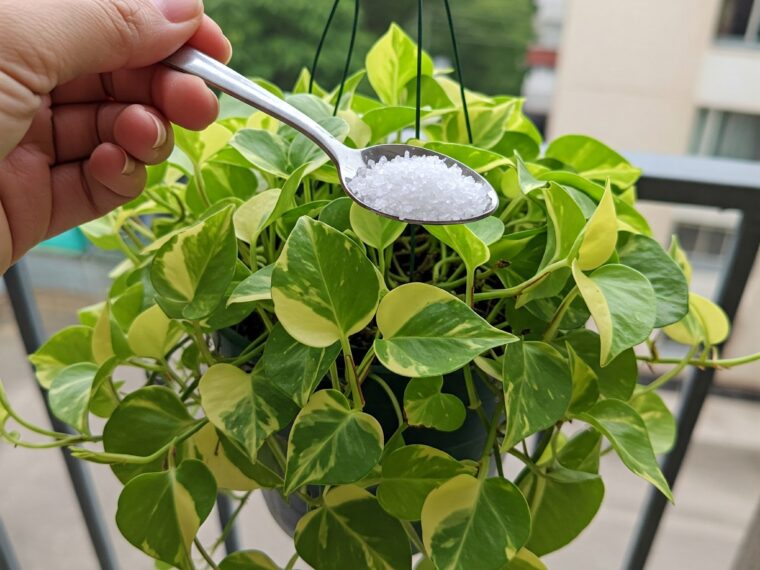Not all plants need pinching, but many flowering annuals and perennials respond beautifully.
- Marigolds – become fuller with continuous blooms.
- Petunias – prevent leggy growth and boost flowering.
- Zinnias – create more colorful heads.
- Chrysanthemums – traditional favorites for pinching to ensure dense blooms.
- Basil & Herbs – while not flowers, pinching improves leaf production and delays flowering.
🌺 Why Pinching Leads to Abundant and Long-Lasting Flowers
- Stimulates branching → more stems = more flowers.
- Improves air circulation → reduces disease risk, keeping plants healthier.
- Delays flowering slightly → but results in a longer-lasting, more spectacular show.
- Balances growth → instead of one tall stem, you get a compact, attractive plant.
🧪 Backed by Plant Science
Research in horticulture has shown that pinching alters the hormone distribution in plants. The top growth produces auxins (hormones that suppress side branching). By removing the tip, the balance shifts toward cytokinins, which promote lateral bud growth. This natural process explains why one small pinch can dramatically change plant shape and productivity.
🌿 Tips for Successful Pinching
- Do it in the morning when plants are less stressed.
- Avoid pinching stressed or thirsty plants. Always water beforehand.
- Clean tools or hands to prevent infection.
- Combine with fertilizing: after pinching, a little balanced fertilizer can boost recovery and growth.
🌸 Final Thoughts
Pinching is a simple yet powerful gardening technique. With just one pinch, you encourage fuller, healthier, and more flower-rich plants. Whether you’re growing marigolds in pots, petunias in hanging baskets, or chrysanthemums in the garden, this method is a must-try for anyone who wants abundant and long-lasting blooms.
Remember: sometimes, the smallest touch in gardening makes the biggest difference.




